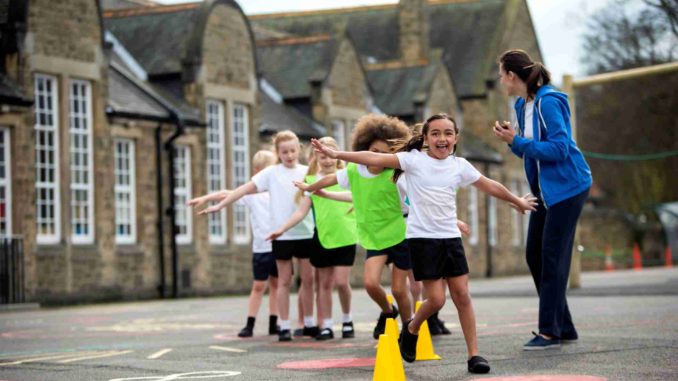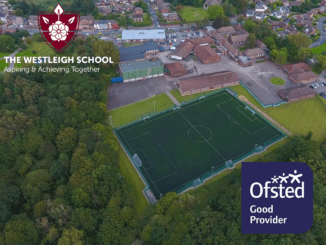
A £100m Pupil Premium Funding (PPF) milestone was met this week – just 11 months after the #EndChildfoodpoverty campaign supported by footballer Marcus Rashford, MBE, joined forces with edtech charity LGfL to drive up applications for Free School Meals and help liberate PPF to improve education outcomes for England’s 27% of disadvantaged children
Since the inclusion of LGfL’s Free School Meal Eligibility Checker – a tool that simplifies Free School Meal applications for parents and subsequent access to potential PPF for schools – on the #EndChildFoodPoverty website, an additional £13 million in Pupil Premium Funding has been released. This brings the total of potential PPF funding identified since the launch of the Checker in 2014 to £100m – funding that can be used by schools for extra one-to-one or small-group support for children within the classroom, extra teaching assistants to work with classes, maths or literacy catch-up sessions before or after school, breakfast clubs to improve attendance, music lessons for children whose families would be unable to pay for them and educational trips and visits.
“54% of children in my school qualify for Free School Meals,” said Leigh Welburn, deputy headteacher, Ranelagh Primary School in Newham, East London – a borough in which half of children (50%) are judged to be in households in poverty, compared to 37% in a typical London borough. Although classed as an area of high deprivation, we don’t lower our expectations of our pupils. Having a balanced meal at lunchtime is an absolute necessity for some of our children. It allows them to muster the energy to focus on learning and to be physically active. In Newham, Key Stage 2 children receive a free school lunch – our school pays towards this. During Lockdown, we were aware of families that hadn’t checked their eligibility – due to the fact that at school they receive their lunch for free. We felt so strongly about FSM that we included a link to the Free School Meal Eligibility Checker featured on Marcus Rashford’s #EndChildFoodPoverty campaign site, on our website too in a bid to encourage more parents to apply. They did.”
During Lockdown parents at Ranelagh were able to pick up weekly food bags for their children – which included a healthy balanced meal for a daily lunch. “Thank goodness for these lunches” said one parent, “I am so glad the school pointed me towards checking my eligibility for Free School Meals.”
“For each FSM child, the school receives £1345 Pupil Premium Funding – money used to provide the extra support they need to ensure that they achieve the best possible outcomes in school time and in the holidays. “PPF funding enables the school to fund residential visits and an art therapist who uses art as a medium to address emotional issues which may be confusing and distressing. Mental healthiness is a focus for all our children – having this money to ensure our most disadvantaged have the opportunities allows all our children to thrive. Pupil Premium Funding is one of the most significant and important sums of money we receive in schools because it makes a huge difference to children’s lives.”
“According to the Department of Work and Pensions, there were 4.3m children living in poverty in the UK in 2019-2. 49 per cent of children living in lone-parent families are in poverty,” said John Jackson, CEO, edtech charity LGfL-The National Grid for Learning.
“In November this year inflation rose to a 10 year high of 4.2% – a rise that, coupled with the end of the Universal Credit £20 uplift for struggling families, has plunged millions of British households into food poverty – the inability to obtain an adequate and nutritious diet in socially acceptable ways,” said Anna Taylor, OBE, executivedDirector, The Food Foundation, who work in partnership with Marcus Rashford on the #EndChildFoodPoverty campaign and website.
The Food Foundation reports that more households in the UK with children aged 17 and under, are experiencing food insecurity now than in the first wave of the pandemic, 15% have experienced food insecurity in the past 6 months. These levels are approximately 27% higher than before COVID.
“It’s not just a question of food,” said Jackson, “the Pupil Premium Funding that is liberated when parents register for FSM provides schools with vital additional income to improve education outcomes for disadvantaged pupils in schools in England. Evidence shows that disadvantaged children generally face additional challenges in reaching their potential at school and often do not perform as well as other pupils. No child’s life chances should be determined by their socio-economic background. It’s crucial that low income parents apply for Free School Meals now and help liberate for their school the Pupil Premium Funding that will help their children to realise their aspirations.”



Be the first to comment